Search
Remove Ads
Advertisement
Summary 
Loading AI-generated summary based on World History Encyclopedia articles ...
Search Results

Definition
Medieval Icelandic Government
Early medieval Icelandic government, or Viking Iceland, has been termed an incipient form of democracy or democratic parliamentarism, however, the system was actually nothing like its European counterparts, be they medieval or contemporary...

Definition
King David
According to biblical tradition (and some say myth), David (c. 1035-970 BCE) was the second king in the ancient United Kingdom of Israel who helped establish the eternal throne of God. A former shepherd, David was renowned for his passion...

Video
The Secret Messages of Viking Runestones
Learn the history of Viking runes, the ancient Norse language of symbols that make up an alphabet called the futhark. — With their navigational skills and advanced longships, the Vikings sustained their seafaring for over 300 years...

Article
Ruth & Naomi
The story of Ruth and Naomi is found in the book of Ruth in the Jewish Scriptures. The Scriptures are traditionally divided into three sections: Torah (the first five books assigned to Moses), the Prophets (Nevi’im), and Writings (Ketuvim...
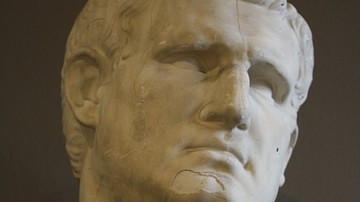
Definition
Marcus Agrippa
Marcus Vipsanius Agrippa (l. 64/62 – 12 BCE) was Augustus' (r. 27 BCE - 14 CE) most trusted and unshakably loyal general and his right-hand man in the administration of the city of Rome. Although his name is forever connected with the first...
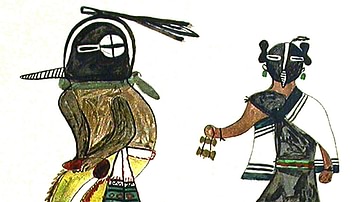
Image
Kokopelli and Kokopelli Mana as Depicted by the Hopi
Kokopelli and Kokopelli Mana as depicted by the Hopi or Two Hopi Kachinas: Kookopölö, left, and his female counterpart Kokopölmana, right, from Hopi Katcinas Drawn by Native Artists, by Jesse Walter Fewkes, 1903.
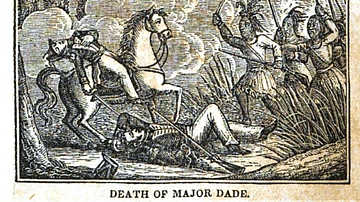
Image
Major Francis Dade's Death
Major Francis Dade's death on 28 December 1835 during the Dade Massacre (also known as the Dade Battle), illustration from A History of the United States by Jesse Olney, 1836.

Article
The Propaganda of Octavian and Mark Antony's Civil War
Propaganda played an important role in Octavian (l. 63 BCE - 14 CE) and Mark Antony's (l. 83 – 30 BCE) civil war, and once victorious at the Battle of Actium (31 BCE), Octavian returned home to become the first Roman emperor. The decade preceding...
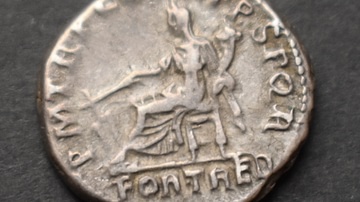
Article
Authority in Ancient Rome: Auctoritas, Potestas, Imperium, and the Paterfamilias
Authority in ancient Rome was complex, and as one can expect from Rome, full of tradition, myth, and awareness of their own storied history. Perhaps the ultimate authority was imperium, the power to command the Roman army. Potestas was legal...
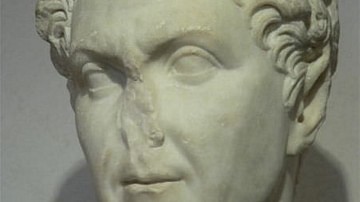
Article
Sulla's Reforms as Dictator
Lucius Cornelius Sulla (l. 138 - 78 BCE) enacted his constitutional reforms (81 BCE) as dictator to strengthen the Roman Senate's power. Sulla was born in a very turbulent era of Rome's history, which has often been described as the beginning...